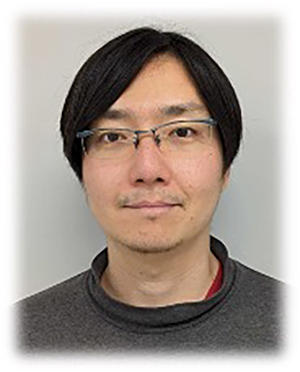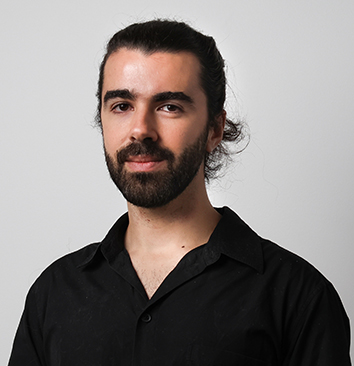TOP
 Events & Outreach
Events & Outreach
 R-CCS Cafe
R-CCS Cafe
 The 280th R-CCS Cafe (Mar 14, 2025)
The 280th R-CCS Cafe (Mar 14, 2025)
The 280th R-CCS Cafe (Mar 14, 2025)
Japanese| Date | Fri, Mar 14, 2025 |
|---|---|
| Time | 3:00 pm - 5:00 pm (3:00 pm - 4:20 pm Talks and Discussions, 4:20 pm - 5:00 pm Free discussion) |
| City | Kobe, Japan/Online |
| Place | Lecture Hall (6th floor) at R-CCS, Online seminar on Zoom
|
| Language | Presentation Language: English Presentation Material: English |
| Speakers |
Yuki Tomoya Quantum-HPC Hybrid Platform Operations Unit  Joao Batista High Performance Artificial Intelligence Systems Research Team  Rakesh Teja Konduru Data Assimilation Research Team  Ravi Teja Ponnaganti Computational Materials Science Research Team  |
Talk Titles and Abstracts
1st Speaker: Yuki Tomoya
Title:
Current Progress in the Quantum-HPC Hybrid Platform Environment Setup
Abstract:
Quantum computers have made rapid advances recently. From an HPC perspective, they can serve as accelerators for offloading specific tasks. Since quantum computers may become powerful enough for more practical use in the future, it is necessary to explore ways to facilitate cooperation between quantum and classical resources. This includes both perspectives on building the integrated platform includes quantum computers and supercomputers and on using them effectively. In this talk, I will outline the design of a multi-site Quantum-HPC Hybrid Platform that is currently under development as the JHPC-quantum project. I will focus on aspects such as resource prioritization, authentication, user-friendly programming evrinonment for seamless access to quantum resources, as well as discuss several challenges encountered during the development of the platform.
2nd Speaker: Joao Batista
Title:
Sentence-level Attribution in Large Language Models
Abstract:
While Large Language Models (LLMs) are being used in a wide range of applications in industry, academia, and by the general population, their use in high-risk applications such as medicine, or law enforcement, among others, is still constrained by the lack of trust and transparency of the models.
Attribution brings trust and transparency to the generated answers by providing a connection between generated text and official sources of information. This allows users to verify whether the generated text matches human-made texts but, it can be expensive from a human-hours point of view depending on the approach taken. Systems like Perplexity and ChatGPT add references to the generated text. However, verifying the references is time-consuming, since the systems provide references to the whole document.
In our current work, we aim to provide a sentence-level attribution system that, besides adding a reference to a document, searches that document for sentences that can back the generated statement. This way, users can verify if the generated sentence has an official source backing it with little effort.
3rd Speaker: Rakesh Teja Konduru
Title:
TBD
Abstract:
TBD
4th Speaker: Ravi Teja Ponnaganti
Title:
TBD
Abstract:
TBD
Important Notes
- Please turn off your video and microphone when you join the meeting.
- The broadcasting may be interrupted or terminated depending on the network condition or any other unexpected event.
- The program schedule and contents may be modified without prior notice.
- Depending on the utilized device and network environment, it may not be able to watch the session.
- All rights concerning the broadcasted material will belong to the organizer and the presenters, and it is prohibited to copy, modify, or redistribute the total or a part of the broadcasted material without the previous permission of RIKEN.
(Mar 10, 2025)
